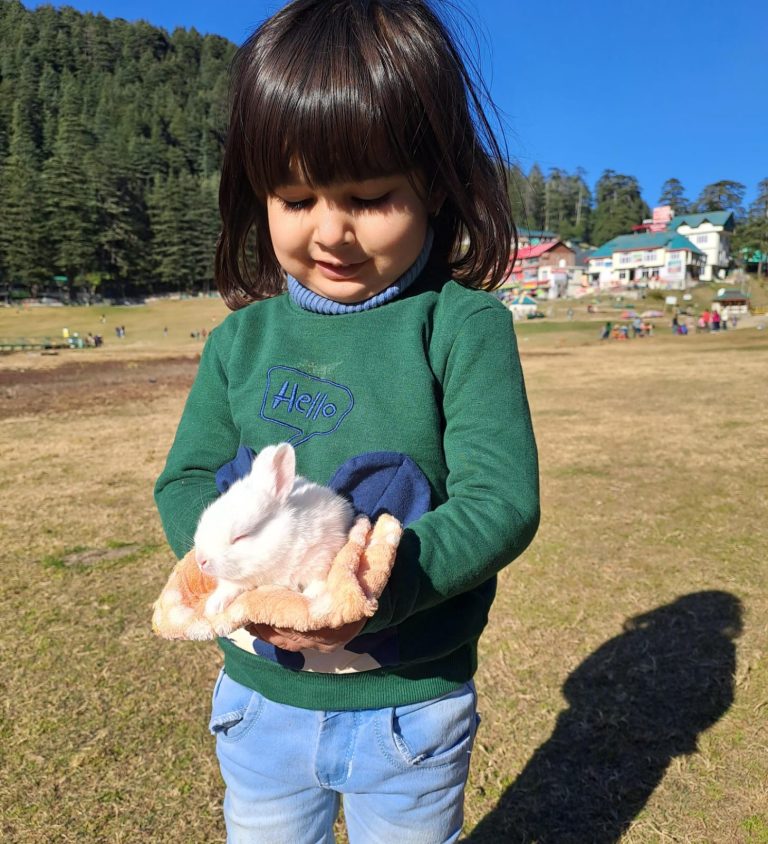
Observation: Paying Close Attention to Your Child’s Behavior and Cues Helps You Understand Their Needs and Preferences
Parenting is a journey filled with joys, challenges, and countless learning moments. One of the most powerful tools in a parent’s arsenal is the ability to observe their child closely. Observing goes beyond simply watching; it involves paying careful attention to your child’s behavior and cues. This attentive approach can reveal a wealth of information about their needs, preferences, and overall well-being.
The Importance of Observation
Children, especially young ones, may not always have the words to express their feelings or needs. Through observation, parents can become more attuned to their child’s non-verbal communication. This can include facial expressions, body language, and other subtle signals that convey emotions and desires.
By understanding these cues, parents can respond more effectively, fostering a stronger and more supportive relationship with their child. This attentive approach can lead to a more harmonious household, as children feel understood and valued.
Decoding Behavioral Cues
Every child is unique, and their cues can vary widely. Here are some common behaviors and what they might indicate:
-
- Restlessness and Fidgeting: This can be a sign that your child needs physical activity or is feeling anxious. Providing opportunities for movement and play can help them release pent-up energy.
-
- Clinginess: When a child becomes unusually clingy, it might indicate they need extra reassurance and comfort. This behavior can often be seen during times of change or stress.
-
- Silence and Withdrawal: If your child is unusually quiet or withdrawn, it might be a sign of discomfort or distress. It’s important to gently encourage them to share their feelings or simply offer your presence and support.
-
- Aggression or Tantrums: These behaviors can be a manifestation of frustration or a lack of ability to communicate effectively. Helping your child to articulate their emotions and finding constructive outlets for their feelings can be beneficial.
-
- Interest and Engagement: When a child shows a keen interest in a particular activity or topic, it’s a cue that they have found something that captivates them. Encouraging these interests can help them develop new skills and passions.
Practical Tips for Effective Observation
To become more adept at observing and interpreting your child’s cues, consider the following tips:
-
- Be Present: Dedicate time each day to be fully present with your child. Put away distractions like phones and focus on their activities and interactions.
-
- Ask Open-Ended Questions: Encourage your child to express themselves by asking questions that require more than a yes or no answer. This can provide insights into their thoughts and feelings.
-
- Maintain a Journal: Keeping a journal of your observations can help you identify patterns and triggers in your child’s behavior. This can be particularly useful for addressing recurring issues.
-
- Create a Calm Environment: A calm and predictable environment can make it easier for you to notice subtle changes in your child’s behavior. Consistent routines and a peaceful atmosphere can support this.
-
- Engage in Play: Playtime is a great opportunity to observe your child in a natural setting. Engage in activities they enjoy and watch how they interact with their environment and others.
Conclusion
Observing is a powerful tool in parenting. By paying close attention to your child’s behavior and cues, you can gain a deeper understanding of their needs and preferences. This not only helps in addressing their immediate needs but also strengthens the bond between you and your child. Every child communicates in their own unique way, and as parents, our role is to listen, understand, and respond with love and care.
Through mindful observation, you can create a nurturing environment where your child feels seen, heard, and valued. This approach lays the foundation for a healthy and supportive relationship that will benefit both you and your child throughout their development.
Looking for something more to Read ?
I’ve been in the helping early parents from last 10 years and we’ve vetted more than a 500+ parents and couples along the way. We’ll connect your exceptional capabilities to help bring your parenting knowledge and how to take care of the baby.

Can you be more specific about the content of your article? After reading it, I still have some doubts. Hope you can help me.
Yes Please let me know about your doubt.
Your point of view caught my eye and was very interesting. Thanks. I have a question for you.
Most Welcome 🙂 let me know what is your question.
Your point of view caught my eye and was very interesting. Thanks. I have a question for you.